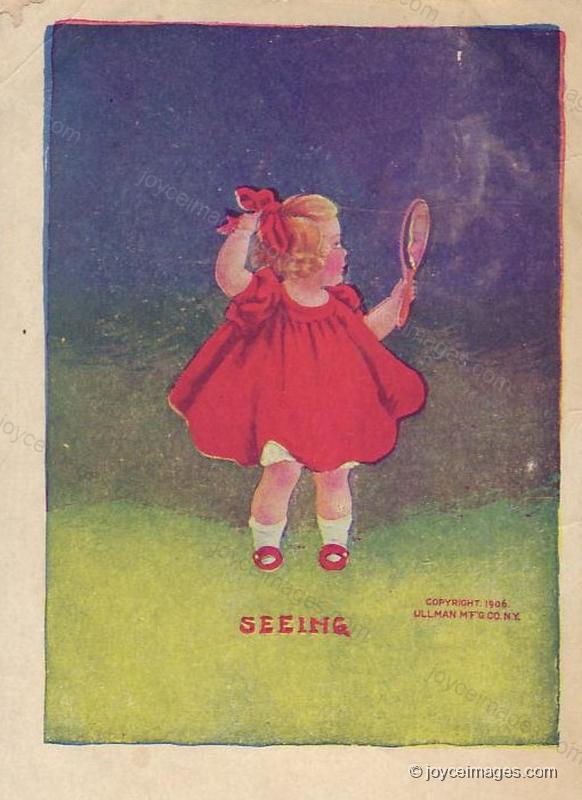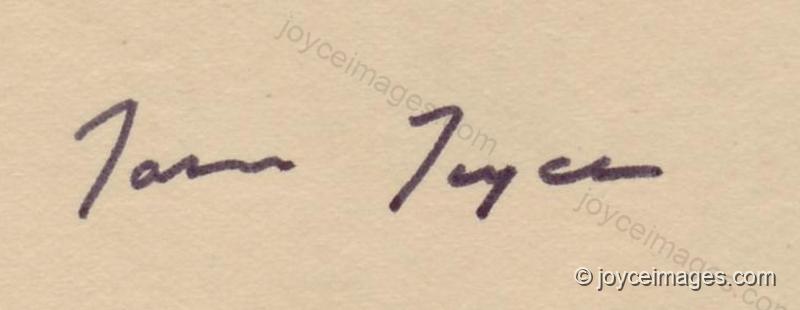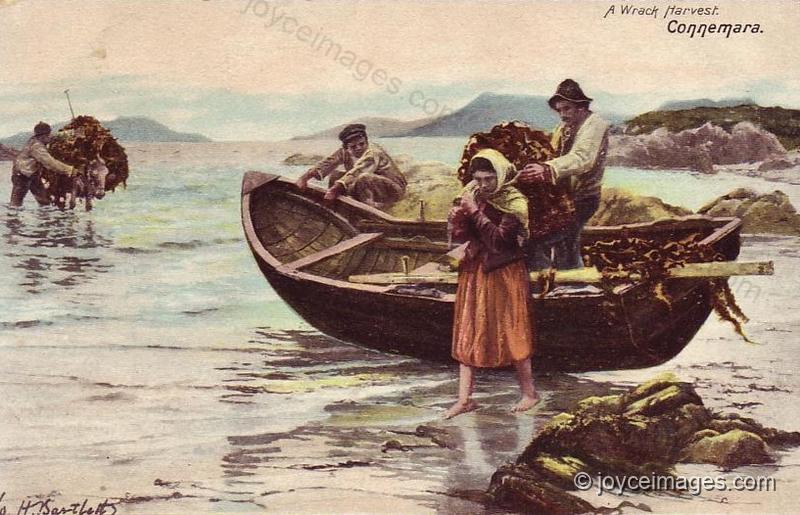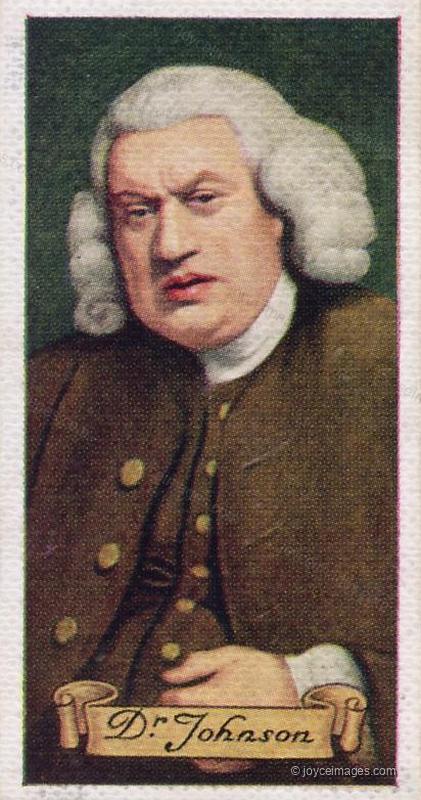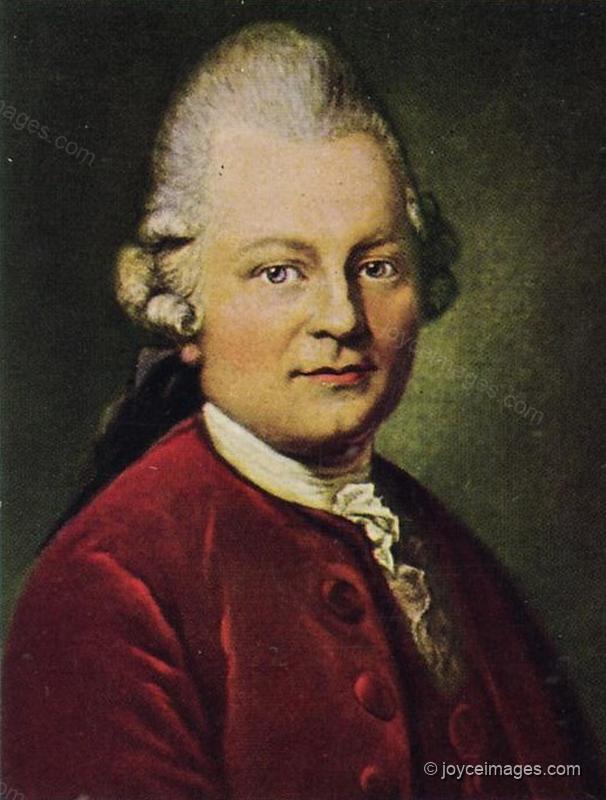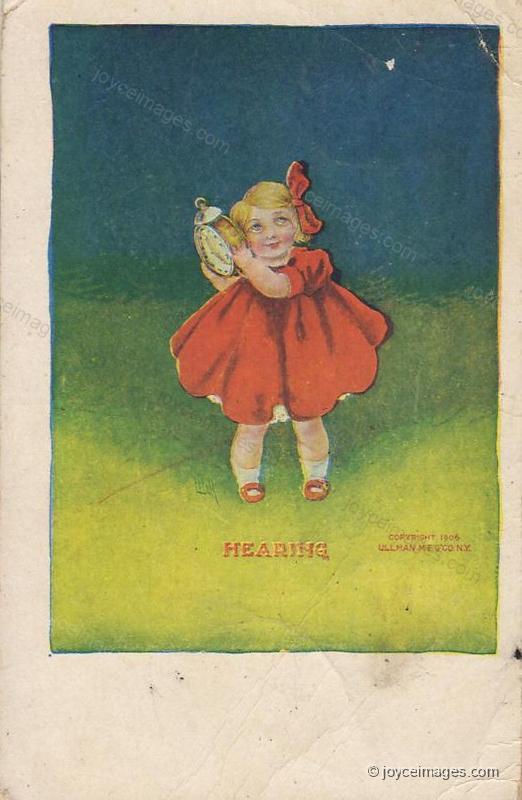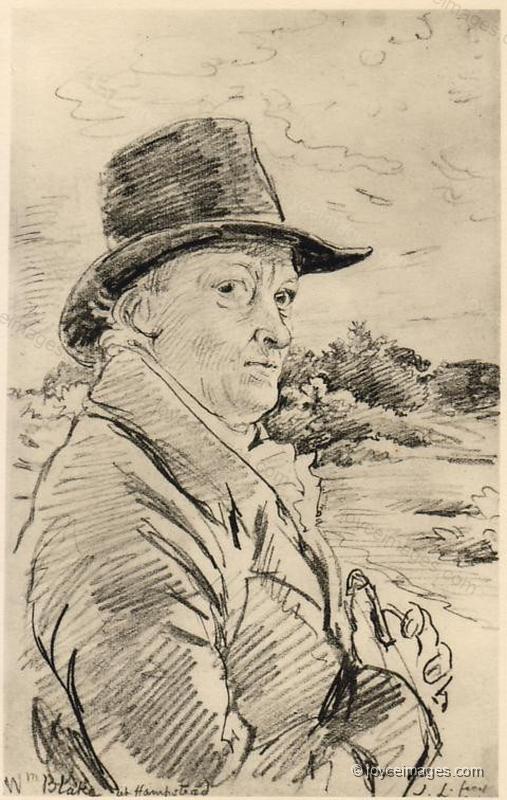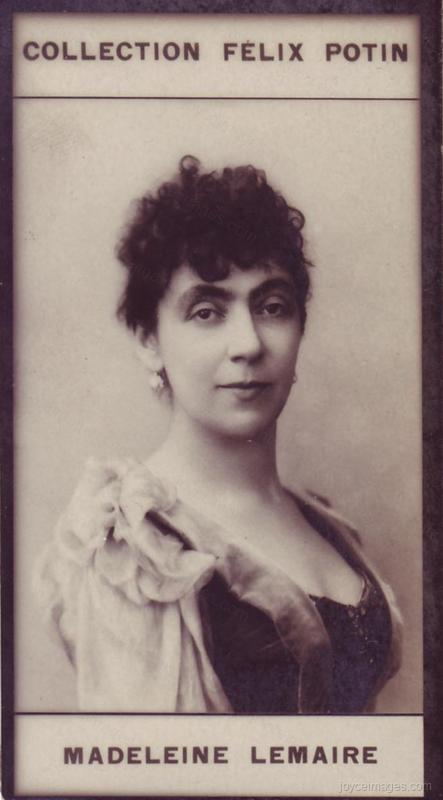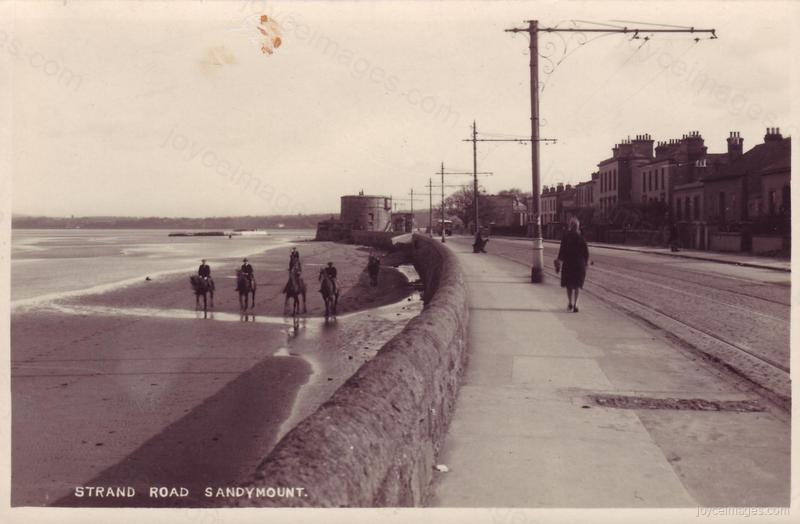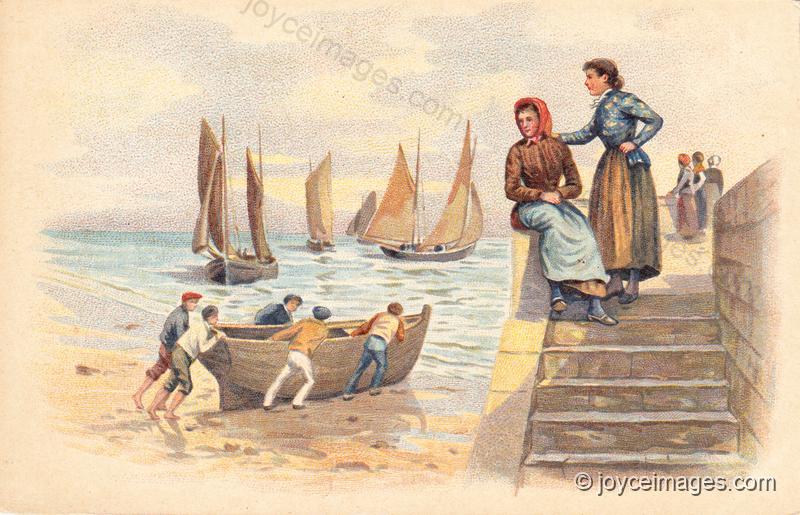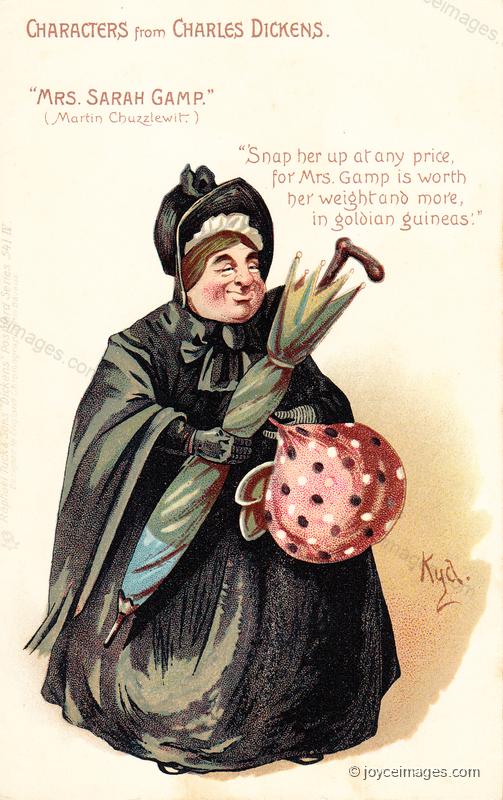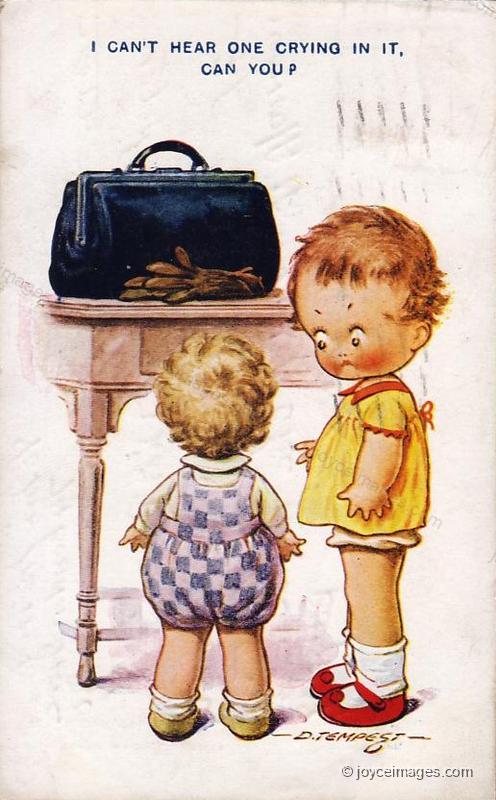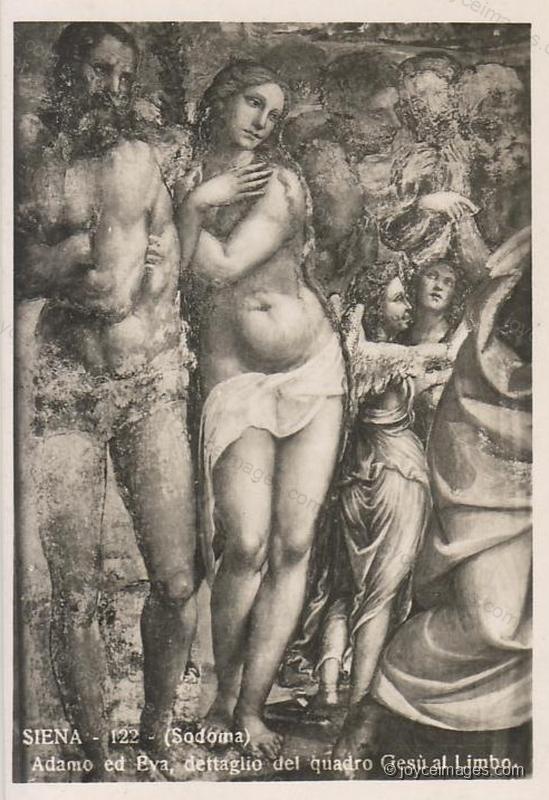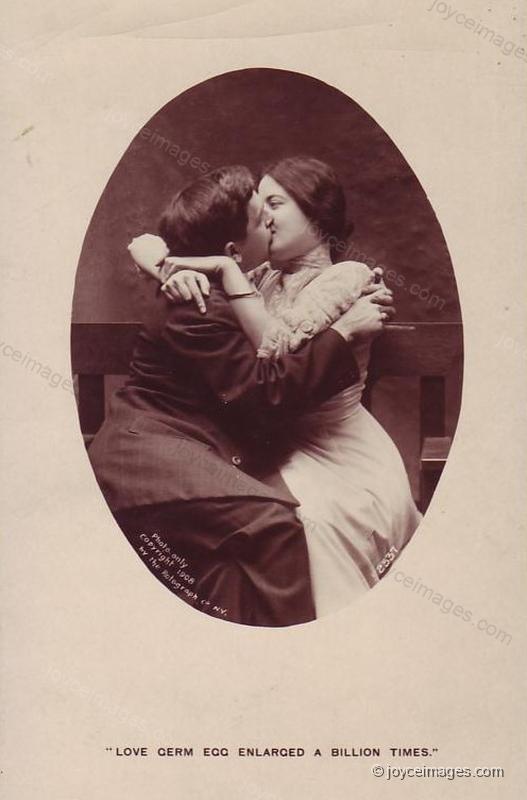"seaspawn and seawrack, the nearing tide, that rusty boot. Snotgreen, bluesilver, rust: coloured signs. Limits of the diaphane. But he adds: in bodies. Then he was aware of them bodies before of them coloured. How? By knocking his sconce against them, sure. Go easy. Bald he was and a millionaire, maestro di color che sanno. Limit of the diaphane in. Why in? Diaphane, adiaphane." (U3.2)
"If you can put your five fingers through it it is a gate, if not a door. Shut your eyes and see." (U3.8)
"Stephen closed his eyes to hear his boots crush crackling wrack and shells. You are walking through it howsomever. I am, a stride at a time. I am, a stride at a time. A very short space of time through very short times of space." (U3.10)
"Exactly: and that is the ineluctable modality of the audible. Open your eyes. No. Jesus! If I fell over a cliff that beetles o'er his base, fell through the nebeneinander ineluctably." (U3.13)
"My two feet in his boots are at the ends of his legs, nebeneinander. Sounds solid: made by the mallet of Los demiurgos. Am I walking into eternity along Sandymount strand? Crush, crack, crick, crick. Wild sea money. Dominie Deasy kens them a'." (U3.16)
"Won't you come to Sandymount,
Madeline the mare?
Rhythm begins, you see. I hear. Acatalectic tetrameter of iambs marching. No, agallop: deline the mare." (U3.21)
It has been suggested that these lines reference Madeleine Lemaire (1845 - 1928), a French painter famous for portraits and flowers. Of possible (remote) relevance, Lemaire painted in the 1880's a picture of Ophelia that was shockingly untraditional: she showed Shakespeare's heroin leering with the glowering light of a vampire in her eyes, her dress slipped off her shoulders to reveal her breasts, thus suggesting that Ophelia's madness may have been driven, at least in part, by sexual frustration.
Madeline the mare?
Rhythm begins, you see. I hear. Acatalectic tetrameter of iambs marching. No, agallop: deline the mare." (U3.21)
It has been suggested that these lines reference Madeleine Lemaire (1845 - 1928), a French painter famous for portraits and flowers. Of possible (remote) relevance, Lemaire painted in the 1880's a picture of Ophelia that was shockingly untraditional: she showed Shakespeare's heroin leering with the glowering light of a vampire in her eyes, her dress slipped off her shoulders to reveal her breasts, thus suggesting that Ophelia's madness may have been driven, at least in part, by sexual frustration.
"Open your eyes now. I will. One moment. Has all vanished since? If I open and am for ever in the black adiaphane. Basta! I will see if I can see.
See now. There all the time without you: and ever shall be, world without end." (U3.25)
See now. There all the time without you: and ever shall be, world without end." (U3.25)
"They came down the steps from Leahy's terrace prudently, Frauenzimmer: and down the shelving shore flabbily, their splayed feet sinking in the silted sand. Like me, like Algy, coming down to our mighty mother." (U3.29)
"Number one swung lourdily her midwife's bag, the other's gamp poked in the beach. From the liberties, out for the day. Mrs Florence MacCabe, relict of the late Patk MacCabe, deeply lamented, of Bride Street. One of her sisterhood lugged me squealing into life. Creation from nothing." (U3.32)
"What has she in the bag? A misbirth with a trailing navelcord, hushed in ruddy wool. The cords of all link back, strandentwining cable of all flesh. That is why mystic monks. Will you be as gods? Gaze in your omphalos. Hello! Kinch here. Put me on to Edenville. Aleph, alpha: nought, nought, one." (U3.36)
"Spouse and helpmate of Adam Kadmon: Heva, naked Eve. She had no navel. Gaze. Belly without blemish, bulging big, a buckler of taut vellum, no, whiteheaped corn, orient and immortal, standing from everlasting to everlasting. Womb of sin." (U3.41)
"Wombed in sin darkness I was too, made not begotten. By them, the man with my voice and my eyes and a ghostwoman with ashes on her breath. They clasped and sundered, did the coupler's will. From before the ages He willed me and now may not will me away or ever. A lex eterna stays about Him." (U3.45)
